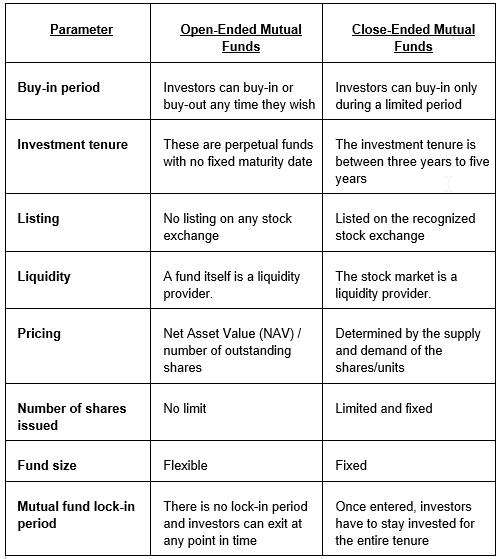do closed end funds have liquidity risk
Closed-end funds issue a fixed number of shares through an initial public offering and typically do not. The value of a CEF can decrease due to movements in the overall financial markets.
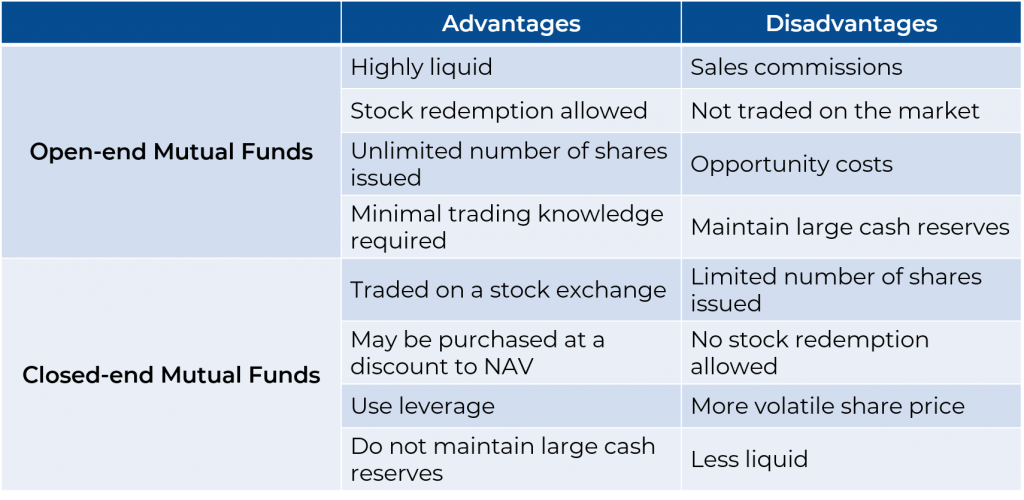
What Are Mutual Funds 365 Financial Analyst
Funds or funds4 or closed-end upon which several of the Acts other provisions depend turns on whether the investment companys shareholders have the right to redeem their shares on.

. So for instance a CEF. Days when the markets are down tend to be closely followed. Closed-end funds can offer opportunities but they come with risks Not nearly as popular as open-end mutual funds they provide advantages for long-term investors who can.
Ad Learn why mutual funds may not be tailored to meet your retirement needs. This makes ETFs much less likely to have. Lets assume that the market price is 18 per share and that NAV is 20.
Just like open-ended funds closed-end funds are subject to market movements and volatility. Unlike open-end funds managers are not allowed to create new. Their yields range from 632 on average for bond CEFs to 722 for the average stock CEF.
Those shares are first issued through an IPO and then trade on an exchange just like stocks or ETFs. On the other hand closed end funds have a fixed number of shares. See locating the leverage.
Thus they have more flexibility to invest in less liquid securities. Closed-end funds often use leverage which can increase the funds volatility ie risk. Since closed-end funds are.
Open-end mutual funds price their shares only once a day at the. Closed-end funds have a. Active bond funds more likely to target illiquid investments.
This CEF has a leverage ratio of 50 computed as capital from preferred shares divided by net asset value. Among the advantages CEFs - unlike open-end mutual funds - trade at a discount or premium to net asset value. They want to de-risk and keep the same return profile as equities.
5 from preferred shares 10 in net asset value 50. Since closed-end funds are a much smaller asset class than open-end mutual funds ETFs and stocks some of them have much less trading liquidity. Closed-end funds operate more like ETFs in that they trade throughout the day on a stock exchange.
Closed-end funds CEFs can be one solution with yields averaging 673. Many closed-end funds have income distributions of 8 or more. Bond ETFs use of liquidity screens mean they tend to hold less liquidity-risky assets.
A closed-end fund lists on a stock exchange where the shares trade just like stocks throughout the trading day. Funds or funds4 or closed-end upon which several of the Acts other provisions depend. The use of leverage allows the CEF to maintain a higher distribution yield than open-end mutual funds.
In this case the closed-end fund sells at a discount of 2 per share. Therefore there are two potential liquidity effects. Look for Discounts and Premiums.
Unlike open-end funds closed-end funds do not need to maintain liquidity to meet daily redemptions. Closed-end funds CEFs can play an important role in a diversified portfolio as they may offer investors the potential for generating capital growth and income through investment. Ad Explore Closed End Mutual Funds.
This is a significant risk for closed end bond funds as a default by one or more of the CEFs underlying bond holdings can have a significant impact on the CEFs NAV market price and. On a percentage basis the fund sells at a discount. Ad Seamlessly Access The Markets.
Here are ten reasons to consider closed-end funds. A closed-end fund legally known as a closed-end investment company is one of three basic types of investment companies The two other types of investment companies are open-end funds. With a closed-end fund the number of shares is fixed and shares are not redeemable from the fund.
Closed-end funds can be subject to liquidity problems both at the level of the fund and at the level of the shareholders Faust says. Closed-end funds have the ability to use leverage. This can result in losses if an investor wants.
But the real world or at least the world investment world does not work like that. Get this must-read guide if you are considering investing in mutual funds.
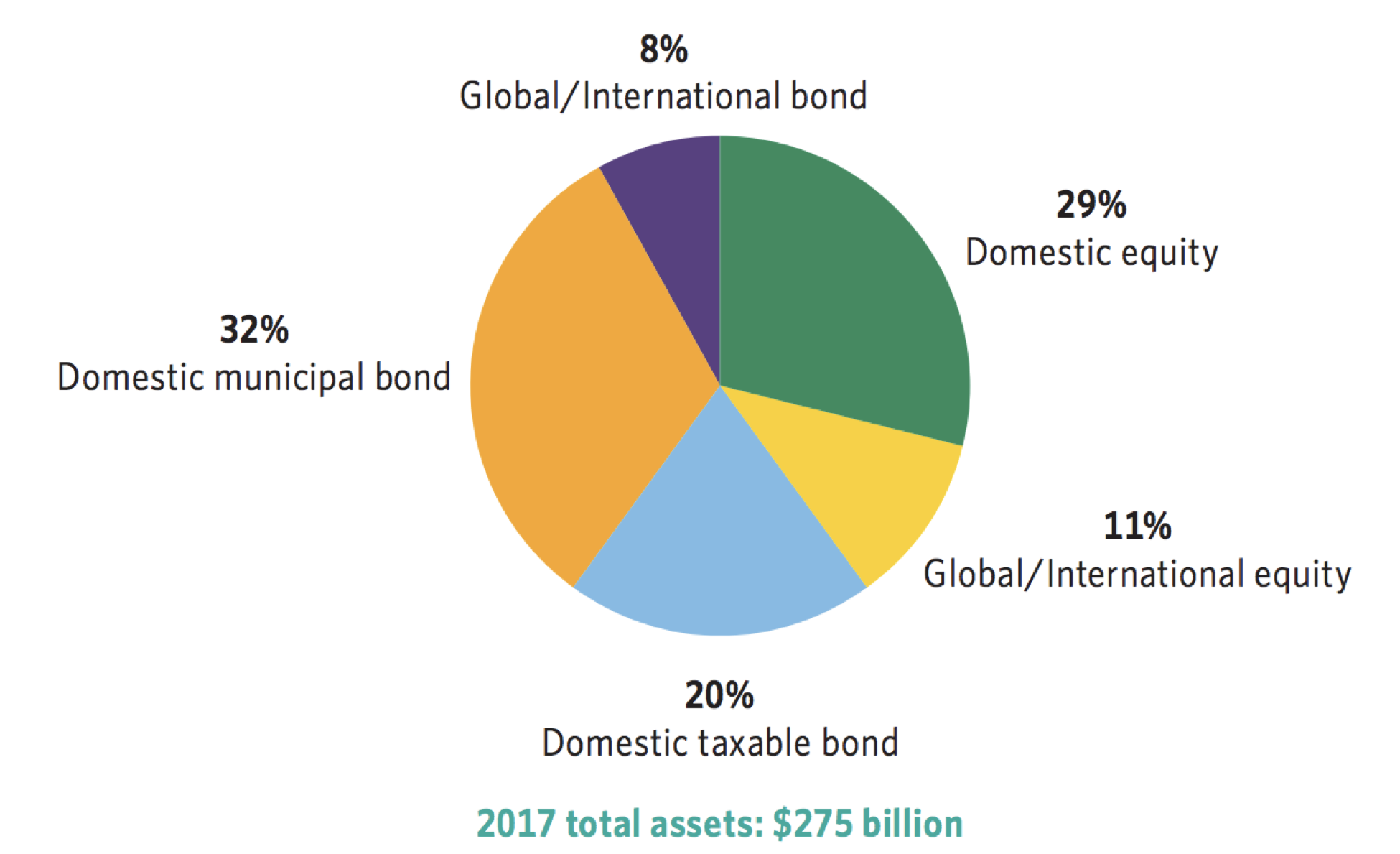
A Guide To Investing In Closed End Funds Cefs Intelligent Income By Simply Safe Dividends
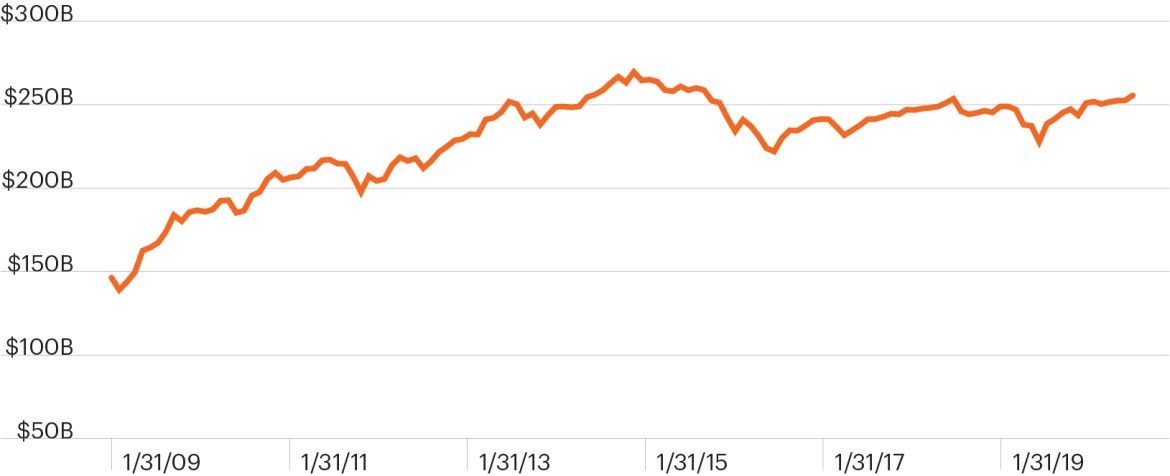
Closed End Fund Fs Investments

Open Ended Mutual Fund Vs Close Ended Mutual Fund What To Prefer

The Problem With Open Ended Life Settlement Funds Articles Advisor Perspectives
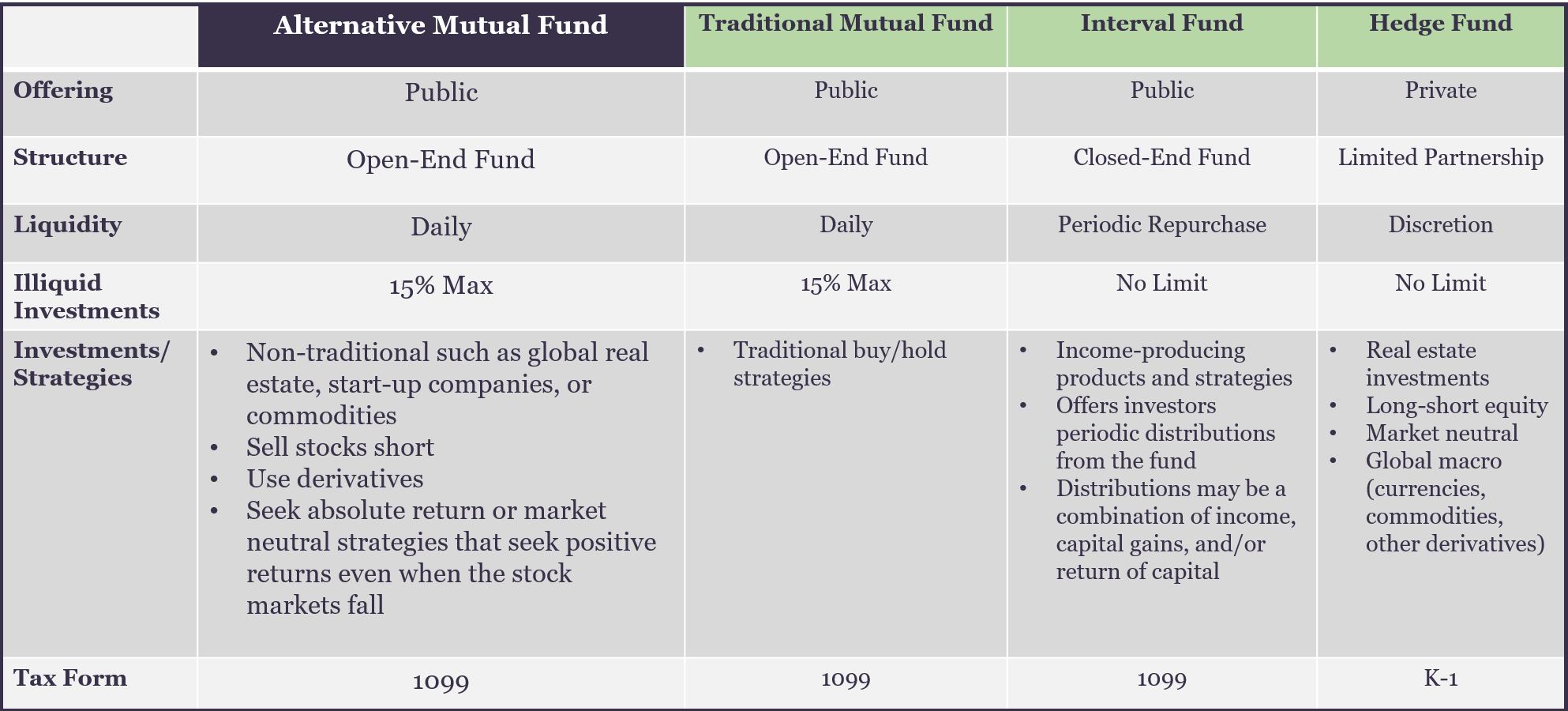
Alternative Mutual Fund Liquidity Spectrum Investment Comparison
What Is The Difference Between Closed And Open Ended Funds Quora
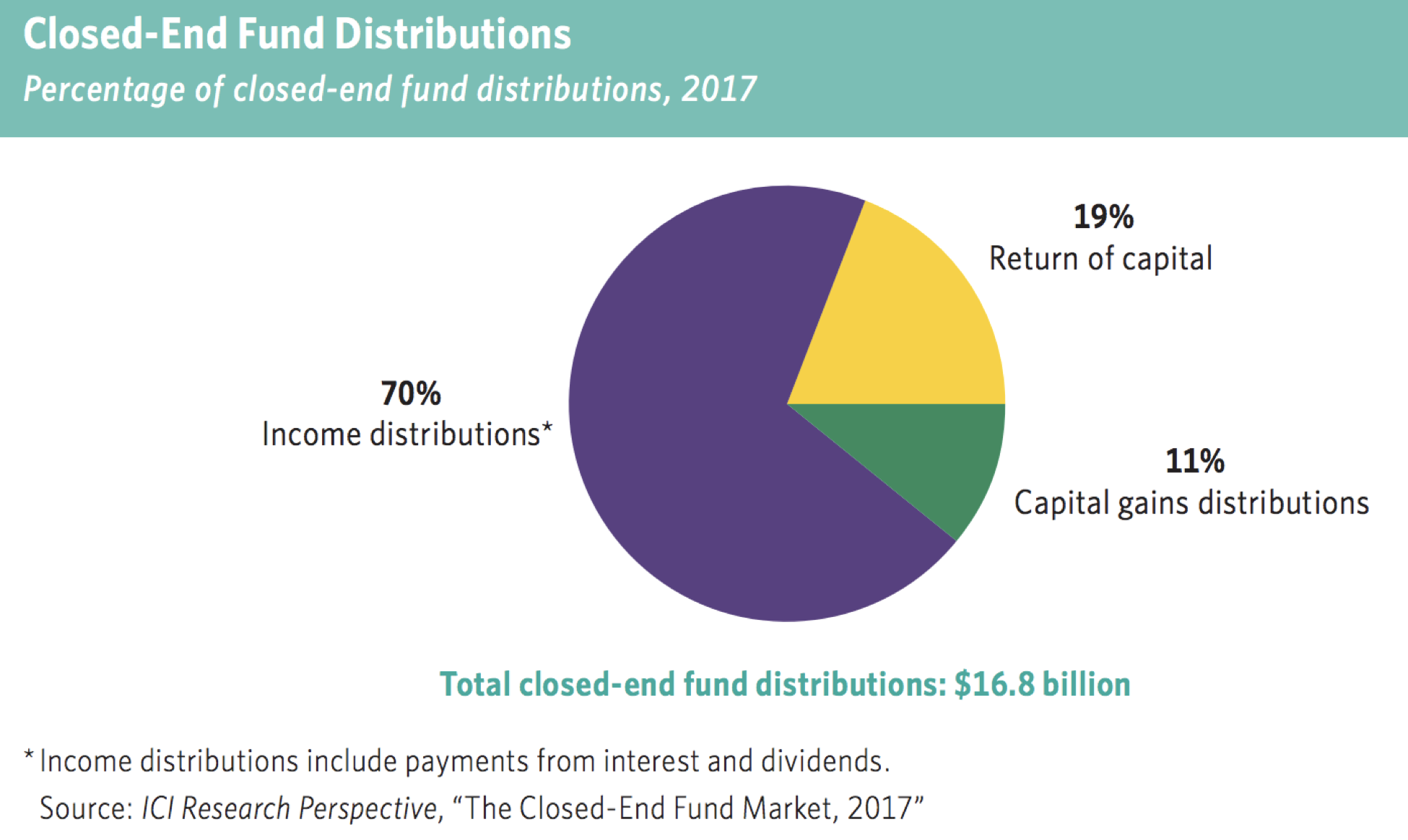
A Guide To Investing In Closed End Funds Cefs Intelligent Income By Simply Safe Dividends
Open Ended Mutual Funds Meaning Benefits Open Vs Close Ended Funds

Tourshabana What Are Closed End Vs Open End Mutual Funds Compare 4 Key Differences In Investing

Investing In Closed End Funds Nuveen

A Guide To Investing In Closed End Funds Cefs Intelligent Income By Simply Safe Dividends

Closed End Funds Basics How It Works Pros Cons The Smart Investor
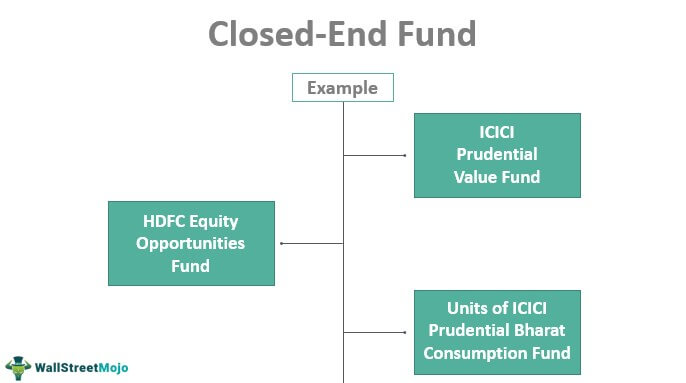
Closed End Fund Definition Examples How It Works

Closed Vs Open Ended Funds Which One Do I Pick Mutual Funds Etfs Trading Q A By Zerodha All Your Queries On Trading And Markets Answered

5 Reasons To Use Closed End Funds In Your Portfolio Blackrock



